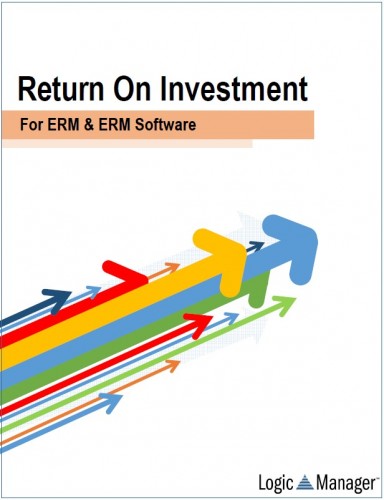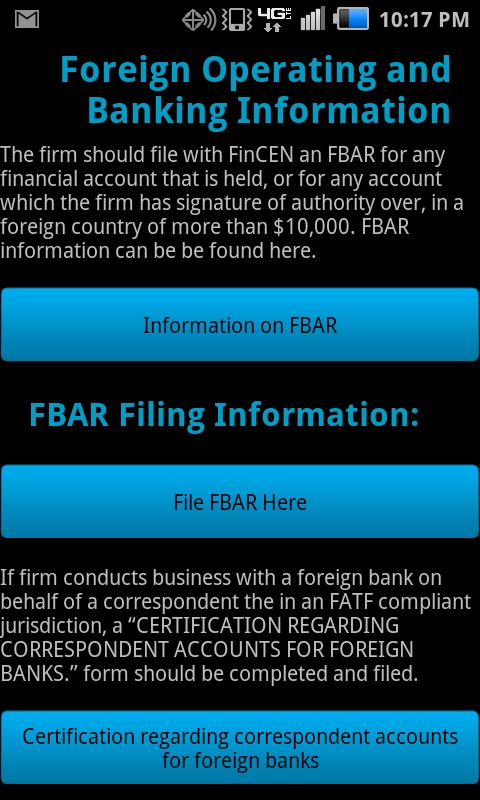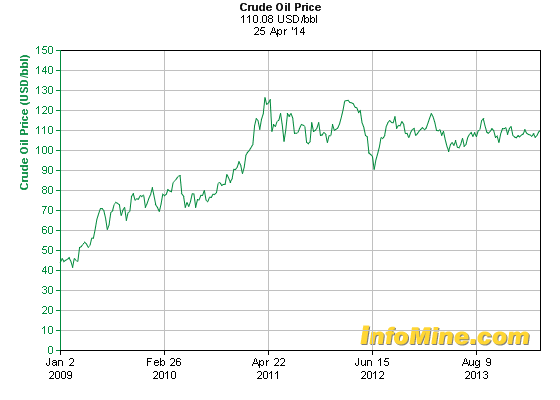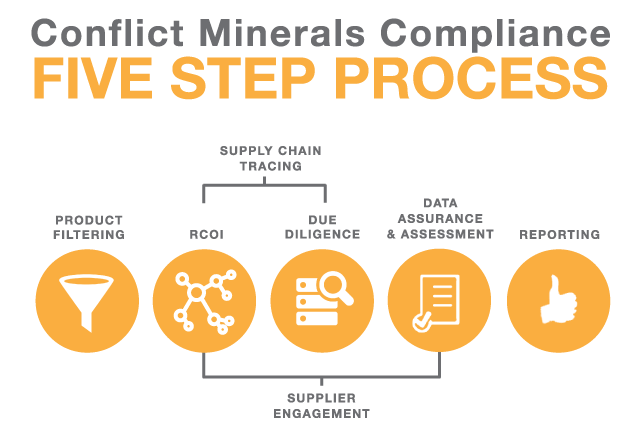 Many business cases for Enterprise Risk Management programs begin with what senior management can expect in terms of return on investment (ROI). While ROI may not be the best indicator of ERM success (it’s tough to quantify the monetary value of risks you’ve mitigated), there are simple and direct steps you can take to demonstrate the efficiency your program will gain through the implementation of an ERM system.
Many business cases for Enterprise Risk Management programs begin with what senior management can expect in terms of return on investment (ROI). While ROI may not be the best indicator of ERM success (it’s tough to quantify the monetary value of risks you’ve mitigated), there are simple and direct steps you can take to demonstrate the efficiency your program will gain through the implementation of an ERM system.
On average, risk managers spend 62% of their time on tactical, rather than strategic,

.png)



